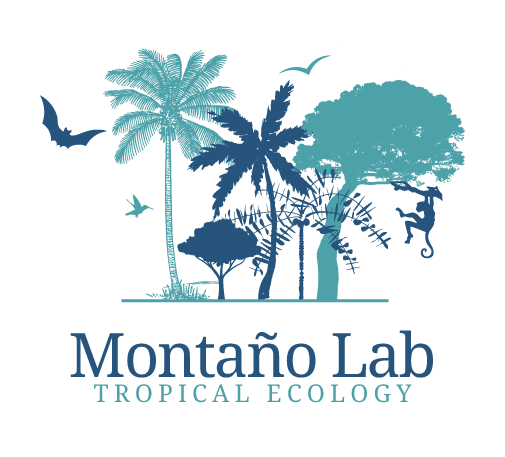What goes into a blog post? Helpful, industry-specific content that:...
Read More
At Montaño Lab, we are open and eager to work with students and scholars on a wide range of ecological interests, scientific approaches, and study systems. We are committed to creating an inclusive and safe space for scholars from diverse backgrounds, ensuring that everyone can thrive and contribute to our shared mission.
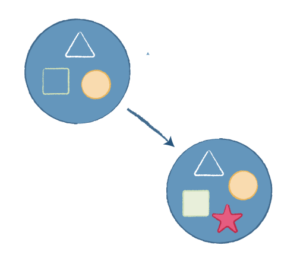
We are fascinated by how communities change across natural (elevation, latitude, humidity) and disturbance gradients. Using functional and phylogenetic approaches, we study these changes and the processes behind them.
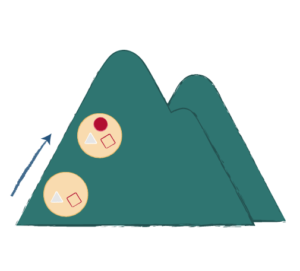
We are in love of mountain ranges and captivated by the sharp changes in species and community characteristics across elevations. We combine a diverse set of tools that range from bioacoustics to population genetics to understand species and community responses to environmental changes across elevations, and use this information to aid mountain biodiversity conservation.
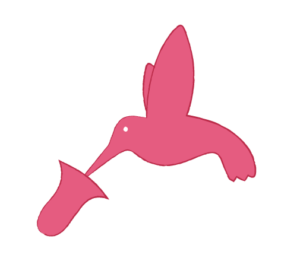
Classic ecology has long overlooked the role of positive interactions in shaping biodiversity patterns. In our lab, we focus on avian mutualistic interactions including mixed-species flocks, pollination and seed dispersal.
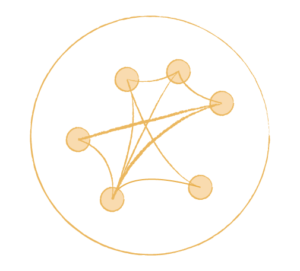
Our team loves the field and strongly believes that there is no replacement for observing and understanding nature first-hand. Our research uses big data, computational and macroecological techniques, but also generates new data through field work and documents relevant observations of natural history.

We are committed to promoting diversity, equity, and inclusion in academia. We welcome researchers and collaborators from around the globe who share the passion for tropical ecology and conservation, but also we actively work to amplify the voices of Global South researchers, promoting a more inclusive and equitable academic environment.
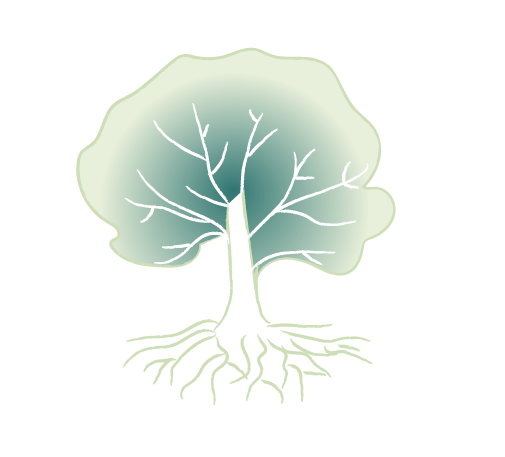
We recognize that Louisiana State University sits in the territory of the Chahta Yakni (Choctaw) and Houma, and is surrounded by other indigenous territories such as the Houma Washa, the Okelousa, and the Bayagoula. As members of the LSU community, we acknowledge, honor, and affirm Indigenous culture, history, and experiences of all communities native to this region, including the Caddo Adai Indians of Louisiana, Biloxi Chitimacha Confederation, Chitimacha Tribe of Louisiana, Choctaw Nation, Coushatta Tribe, Four Winds Cherokee Tribe, Muscogee (Creek), Point au Chien Tribe, Tunica Biloxi Tribe, United Houma Nation, and others whose memories may have been erased by violence, displacement, migration, and settlement.
Moreover, we acknowledge that LSU, Baton Rouge, and the State of Louisiana have flourished on the labor of enslaved people, primarily of African descent, who were brought to Louisiana into chattel slavery. Louisiana State University, in particular, sits on three former plantations: Arlington, Nestle Down, and Gartness. Those who lived under slavery in these plantations, and all other plantations in Louisiana should not be forgotten. We honor their lives and legacy and stand by their fight and the continuous fight of their descendants for equity even centuries after the ending of slavery.
Information retrieved from the LSU libraries Indigenous Materials, LSU Archival Education and Research Institute and Slavery in Baton Rouge by Megan Buckley.
